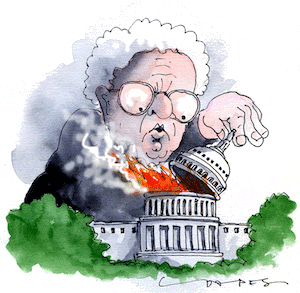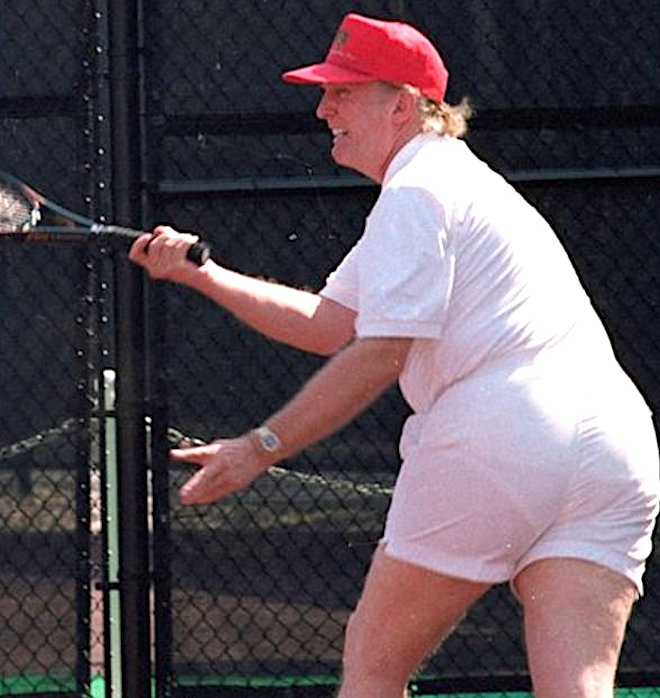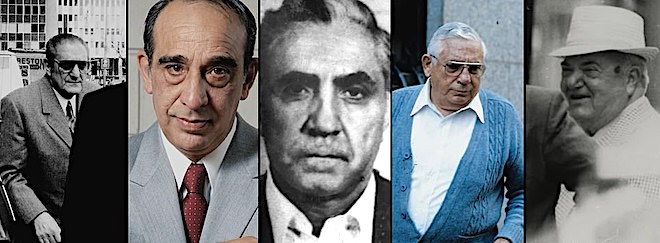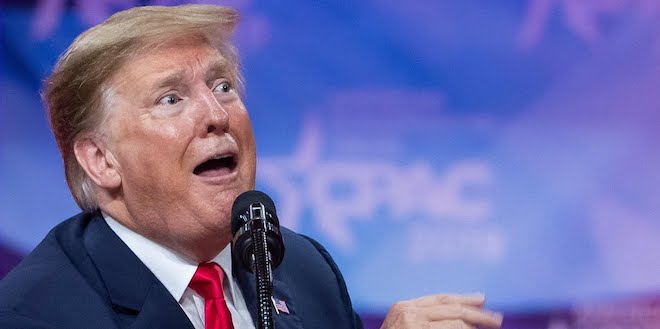Accused felon at large
Justinian in Donald Trump, Indictment, Roger Fitch Esq, US Presidential election, US politics
The Washington and Atlanta indictments of Donald Trump ... A large number of lawyers as indicted gangsters ... History of unpunished Republican crimes ... First attempt to hold lawless politicians and operatives to account ... Quandaries and implications ... Possible defences ... Roger Fitch files from Washington
 This column occasionally reports on a colourful American politician facing criminal charges in two four US jurisdictions. Some joke that every fresh indictment increases his popularity among his lemming-like followers. The general electorate could be another matter.
This column occasionally reports on a colourful American politician facing criminal charges in two four US jurisdictions. Some joke that every fresh indictment increases his popularity among his lemming-like followers. The general electorate could be another matter.
In July, a superseding indictment was returned in the Florida federal court where this Donald John Trump stands charged with unlawfully retaining and concealing classified documents. New counts were added for evidence-tampering.
In August, Mr Trump was indicted twice more. That's encouraging: Americans are usually very slow to investigate and prosecute politicians' crimes, especially those committed by Republicans.
There's a long history of unpunished Republican Party operations: Nixon's treacherous sabotage of LBJ's 1968 Vietnam peace talks in Paris, leading to seven more years of war; interference in Carter's 1979 negotiations with Iran for the release of American hostages; and the outright theft of the 2000 presidential election.
Although much has been made of Richard Nixon's come-uppance in the 1970s, he was pardoned and never held to account.
The 80s under Ronald Reagan and Bush the Elder witnessed a crime wave, but with the help of judicially-sanctioned meddling in the Independent Counsel's work, only a few of those indicted in the Iran-Contra scandal (e.g, Defence Secretary Caspar Weinberger) were convicted. Most were pardoned by Bush as he left office.
Beginning in 2001, shocking and uncountable crimes were committed under the lawless G.W. Bush, e.g, round-ups of innocent Muslims, CIA torture, and unlawful military detention and trials.
All these went unpunished under Bush and his successor Obama, who continued the previous administration's shameful and dishonest practice of asserting the shaky state secrets defence in civilian lawsuits by victims, even against complicit third parties.
The charges against Bush Junior's torture lawyers also went unpunished, after a timid DOJ internal inquiry, and the habitual DOJ fixer John Durham gave the CIA a clean bill of health for actual murders in custody.
Given that background, the indictments during August 2023 were big news: this century's first attempt to hold lawless US government officials and their political accomplices to criminal account.
≈ ≈ ≈
 Disregard for court rules
Disregard for court rules
In Washington, over 1100 people have been charged in the January 6, 2020 siege and occupation of the Capitol. Now, a deadbeat New Yorker living in Florida has been added to the number of DC defendants.
Donald Trump was indicted twice in August, first in Washington, under federal charges filed by the special prosecutor, and then under state charges in Georgia - where a modest bail of $200,000 has been set. The bond conditions, absent the amount, are here.
He's facing two other indictments, in New York and Florida; even so, and despite his disregard for court orders, the accused felon has remained free on his own recognisance.
Mr Trump's DC indictment is worth reading in full, adding as it does an additional wrinkle to the January 6 crimes: the fake electors scheme. Sadly, all six of the unindicted co-conspirators are lawyers.
Lawfare explained the facts and law of the DC indictment and provided a docket watch, while Fintan O'Toole laid out the plot.
Insurrection has not been charged, thus avoiding endless sham free speech claims by Trump, but he's as guilty of insurrection as the last "president" to be charged, Confederate leader Jefferson Davis.
Conservative law professors agree that insurrection disqualifies Trump from office absent a two-thirds vote of congress lifting his ineligibility under the 14th amendment, and states also have the power to judge qualifications of presidential candidates and exclude the ineligible.
Attention has turned instead to the surprise inclusion of "section 241", the election interference count derived from an Act popularly known as the Ku Klux Klan law, more here.
After special prosecutor Jack Smith's federal indictment of Donald Trump for the phony stolen election events, there was some debate as to which of Trump's unindicted co-conspirators masterminded the "stop-the-steal" hustle after the 2020 election.
Was it the quack law professor John Eastman (Co-Conspirator 1 in the DC indictment), who wrote this memo, or the dodgy lawyer Kenneth Chesebro (Co-Conspirator 5), who wrote this one?
≈ ≈ ≈
 Mafia mobsters prosecuted under RICO law in mid-1980s
Mafia mobsters prosecuted under RICO law in mid-1980s
The new Atlanta case may throw light on that. The Georgia indictment includes 18 additional defendants, again many are lawyers. There are also 30 unnamed and unindicted co-conspirators. As required by Georgia law, the indictment was signed by the now-endangered grand jurors.
The Times has annotated the indictment. Lawfare has a deep dive, and docket watch. The Guardian and New Republic have more.
In addition to having very effective laws against lying, Georgia has a RICO (Racketeering Influenced and Corrupt Organizations) law, and it's broader than the federal Act.
The federal RICO was used to convict members of NY's Five Families in the 1985/86 Mafia Commission Trial. The winning US Attorney was ... #2 Georgia defendant Rudy Giuliani.
The indictment is the first to identify Mr Trump and Giuliani as racketeers. The Washington Spectator explores the implications for other prosecutions in the 33 states and two territories who have their own RICO laws:
"Once Trump and his associates are understood as members of a gang engaged in organized crime" other states "could now consider whether Trump has engaged in a pattern of crimes in their states."
The Guardian and Emptywheel have more, while Slate imagines an opening statement prosecutor Fani Willis might make to the Atlanta jury.
Rick Hasen sees race as the biggest difference between the DC and Atlanta indictments. Also significant: the Georgia trial will very likely be televised.
One defendant, Trump's former White House chief of staff Mark Meadows, filed a motion to remove his case to the Georgia federal court, claiming (as will Trump) that he is immune from prosecution: the state charges amount to "state interference in a federal official's duties".
Atlanta federal judge Steve Jones, an Obama appointee, denied a summary removal and set the matter for hearing on August 28.
Apparently, the prosecutors Jack Smith and Fani Willis didn't coordinate their investigations into Trump. As a result, Meadows has a dilemma: he was a cooperating grand jury witness in Washington, but he's an indicted co-conspirator in Atlanta, presumably for the same events.
The two cases may be complementary, but not for Meadows.
Next, lawyers for "President Trump" filed pleadings in DC District Court seeking to (1) stay the Georgia proceedings pending the resolution of special prosecutor Jack Smith's case in Washington (this might succeed), and (2) set a DC trial date of April 2026.
≈ ≈ ≈
 Trump: a medical defence
Trump: a medical defence
If Trump has to face trial in Washington or Atlanta, what might his defences be?
Whatever they are, his alleged First Amendment freedom of speech claims won't fly.
What else might Trump try as a defence?
A Salon writer imagines a well-founded plea of insanity:
"He is unquestionably insane, either temporarily or for good. Perhaps he's setting himself up to plead diminished mental capacity ..."